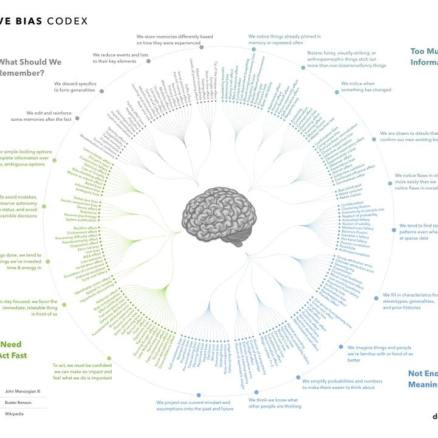
Information Overload. Anxiety. Categorization. Bias.
These are modern day realities. Information is paradoxical because it empowers but can also cause problems and pathologies. How do we sift through the overwhelming amount of information that is now at our fingertips to find truth? Categorization is critical for survival but how can we avoid bias? Information literacy – which includes visual and digital media literacy among other things – is one solution. When combined with anti-racism as a topic, it can be a solution for many cognitive biases and racism that have harmful impacts. A few highlights from a workshop on Using the Anti-racism Digital Library and Thesaurus to Understand Information Access, Authority, Value, and Privilege are shared below.
I am excited by the new ACRL Framework for Information Literacy. The six threshold concepts about information mirror my experiences as a researcher studying the representation of anti-racism in bibliographic information systems. Anti-racism, in general, is a great concept to use when teaching information literacy. In the paper, I share how anti-information literacy can be taught and learned as part of theological and religious studies education and I begin with two stories about the scholar Dubois. Source: Coleman, 2017.
Here are some of the information competencies and activities for practicing them.



